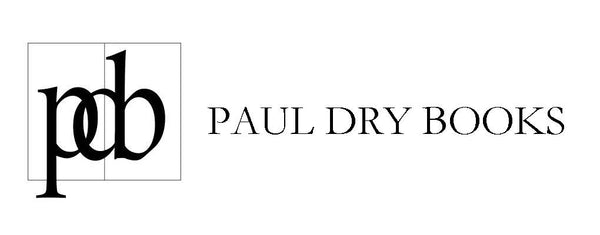Thou Shalt Not
A novel that explores the bloody legacy of Stalinism through an affair between a diplomat and a doctor.
By Elliot Ackerman
When Wojciech Zukrowski first published “Stone Tablets” in 1966, it was banned by the communist authorities in Poland. It’s easy to see why. The book is a love story between a Hungarian and an Australian set in postwar India. But it is also about the bloody legacy of Stalinism and is a novel that, through its characters, rejects the fundamental constructs of the author’s society: communism, imperialism and even the institution of marriage. The title—a reference to the utility of the old laws, those stone tablets brought down the mountain by Moses—alludes to a journey in which sacred orders are broken. Now, 50 years since its release, this masterwork has been translated into English for the first time by Stephanie Kraft.
Zukrowski fought and was wounded in World War II. He later spent six years in a labor camp near Krakow, a victim of one of Stalin’s purges. (Among his fellow inmates was Karol Wojtyla, who would become Pope John Paul II; the author remained close to him until his death in 2000.) Zukrowski went on to serve as a diplomat, a foreign correspondent during the Vietnam War, and a member of Poland’s parliament. All of this in addition to writing more than 40 books.
Between 1956 and 1959, the author served as a consular officer in the Polish Embassy in newly independent India, and his novel’s protagonist, Istvan Terey, is also a consular officer—a cultural attaché in the Hungarian Embassy in New Delhi. But Terey is an unlikely bureaucrat: His true calling is as a poet. Terey meets Margit Ward, an Australian heiress and an ophthalmologist working for the United Nations, at a wedding of Indian elites where he is having a last tryst with the bride. Ward has come to India to escape grief (her fiancé was killed in the war) and privilege (“I want to pay with good for this undeserved good”).
While Ward and her colleagues at Unesco struggle to stem a trachoma epidemic, traveling village to village as people lose their sight, she loses faith in her ability to save Indians but finds a kind of replacement purpose in Terey, who she hopes will return with her to Australia to pursue his writing in a free society. To Terey, Ward proves to be both a savior and a curse.
Terey soon finds himself under suspicion from the Hungarian ambassador for his affair with this non-communist Australian. He has a wife and two children waiting for him in Budapest, and they are caught in the grip of the 1956 uprising. He desires his family’s safety, but he wants to be liberated from them. “Since no bullet shot in Budapest brought me freedom, I have a wife, obligations. . . . And I am convinced that one of those bullets, blindly shot, could bring me freedom.”
The novel’s backdrop is expansive—the failed Hungarian uprising of 1956, the Suez Crisis of the same year, the end of Stalinism, the travails of post-colonial India—and eventually the pressure of this political upheaval lands squarely on the shoulders of the lovers. “One may shake the Ten Commandments in helpless anger,” laments Terey, “but no one is exempt from them. They are always with us, etched on our consciences; they weigh every action, affixing their sign of approval or condemnation so as to crush us in the last hour and accuse us for eternity.”
“Stone Tablets” is a story of revolutions gone awry—a novel that explores the ideological dislocation inherent in that period’s new world reordering. But it also serves as an outline of this iconic writer’s moral beliefs and as a warning for any brave soul who might embark on a personal, political or artistic enterprise that runs counter to his society’s prevailing mores.
Mr. Ackerman, author of the novels “Green on Blue” and the forthcoming “Dark at the Crossing,” lives in Istanbul, where he writes on the Syrian civil war.
Read the review online at wsj.com.
Stone Tablets in the Wall Street Journal
The Wall Street Journal calls Stone Tablets a "masterwork" and Wojciech Zukrowski an "iconic writer." See the full review below.
